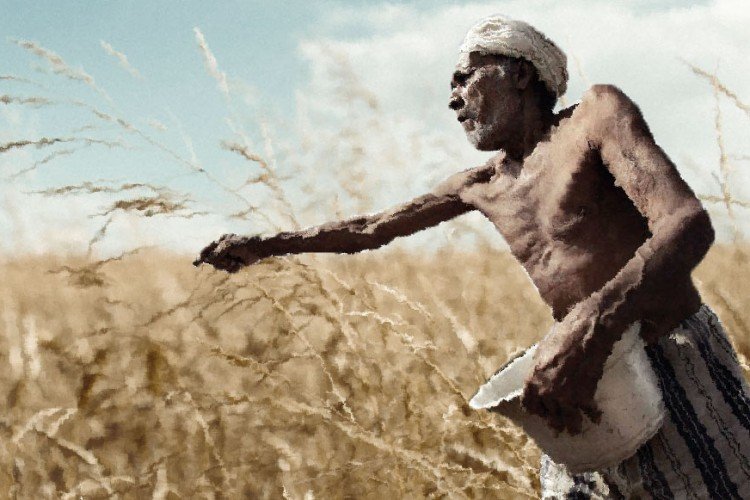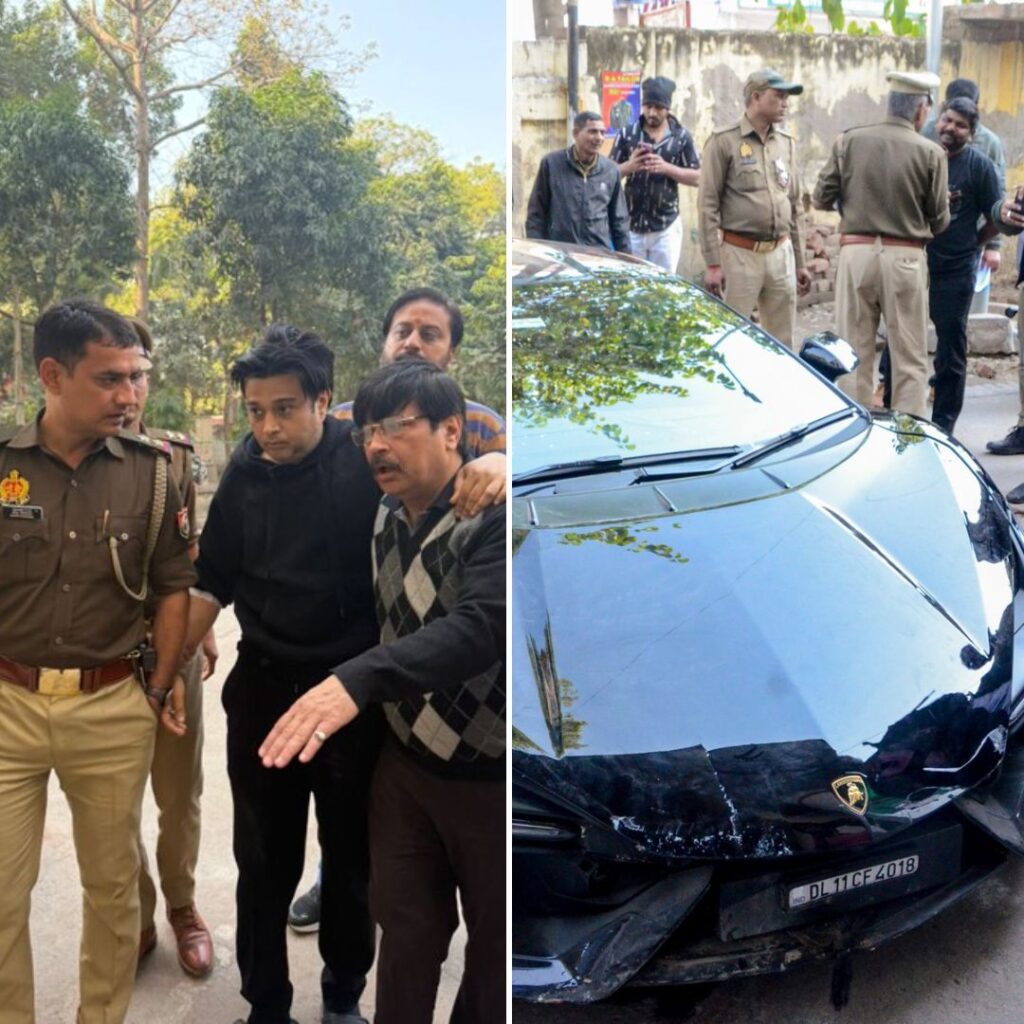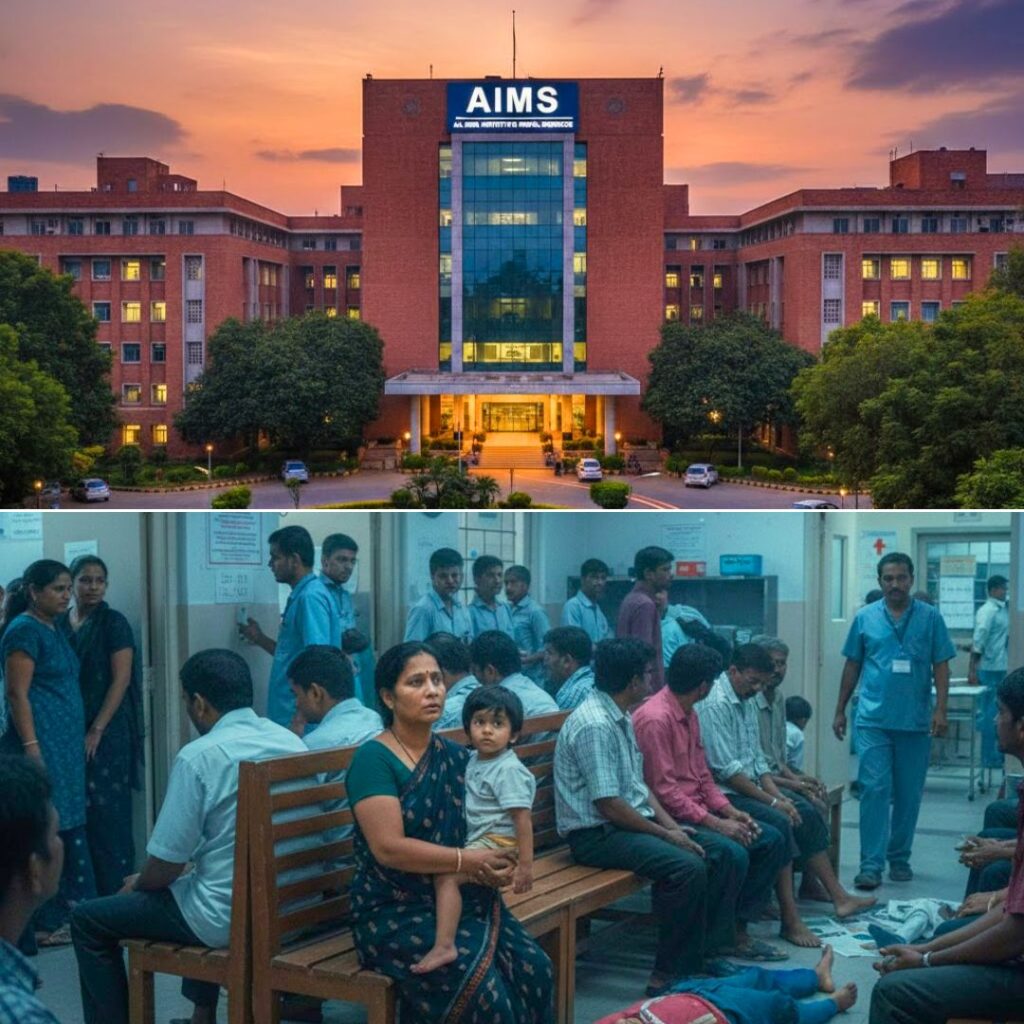Written By Rohit Parakh
The 2011 census data shows us that the number of people for whom farming is their major occupation (working in that occupation for atleast half of the year) has come down from 110 million in 1991 after the initiation of liberalization policies of government to 95.8 million in 2011 (less than 8% of our population). That is on average more than 2000 farmers losing ‘Main Cultivator’ status on a daily rate. While the number of farmers in India is sharply decreasing, the number of agricultural labourers has nearly doubled from 74.6 million in 1991 to 144.3 million in 2011. Surely, this cannot be the model for India to become a developed nation.
Significantly in the last 20 years, the ‘recorded figure’ shows that close to 3 lakh farmers have committed suicides. The actual number could be much higher. The recorded figure includes the zero farm suicide figure submitted by Chhattisgarh government in 2011 after the previously self-declared farmer suicides of a number greater than 7,500 between 2006-2010.
But weren’t we told that over 50% of India’s population are farmers?
That is inaccurate. Yes, over 600 million Indians are dependent on agriculture – including agricultural labourers, fisheries, etc. Like everybody in the film industry is not an actor, similarly everyone in the agriculture sector is not a farmer.
The NSSO 2014 report indicates that the average farmer family earns Rs 6,426 of which Rs 3,078 comes from farming. Even when the end price the consumer might be paying for crops might be higher, the farmer does not earn a large proportion of the price which typically goes to the middle-men. The co-operative movement offers a potential long-term solution, which organizations such as Amul and Timbaktu Collective amongst numerous others have demonstrated. In the shorter-term there is a huge need to ensure fairer incomes are paid to our farmers by other means.
As Devinder Sharma, India’s leading food and trade policy analyst says – “If the 7th Pay Commission, which has been accepted by the government raises the minimum wage of a chaprasi from Rs 7,000 to Rs 18,000 why should the farmers earn such low amounts? A National Farmers Income Commission should be formed, under which farmers would be entitled to get a minimum monthly income on the basis of area under cultivation and production”.
Whilst in opposition, the NDA promised time and again to increase the minimum support price provided to the farmers by 50% on coming to power. So far, this hasn’t happened and the Centre has conveyed to Supreme Court its inability to do the same. This is also driven by the commitments, India has made at The World Trade Organization where under pressure by the developed countries it has promised not to increase the MSP.
The Logical Indian Community looks forward and hopes for a situation, where the Indian farming community will earn proportionate incomes in line with other sectors as well. Otherwise the day won’t be far where India will again have to revisit the dark days of the past in having to depend on other countries for its agriculture produce.












